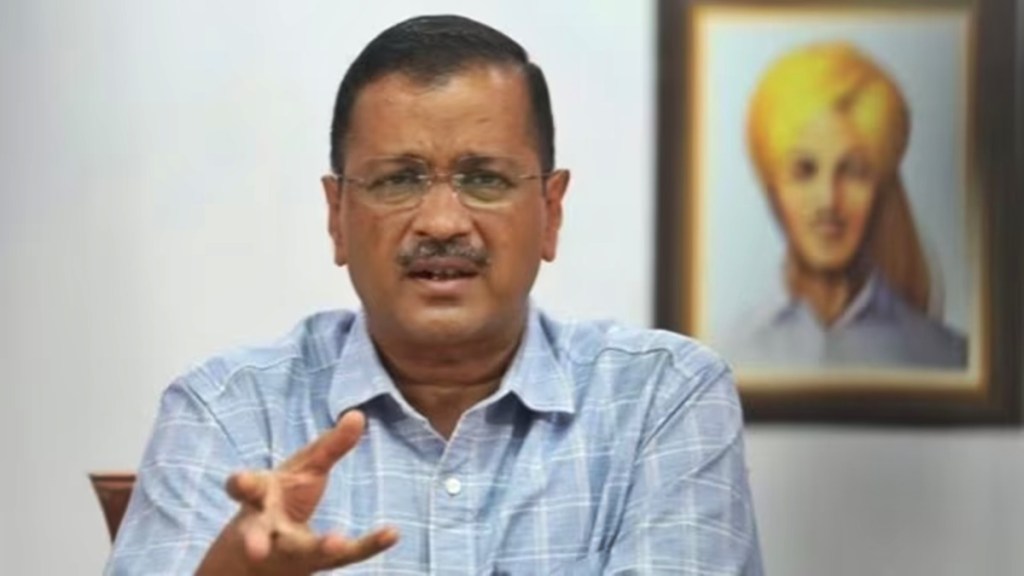The Supreme Court is set to pass the verdict on Delhi Chief Minister Arvind Kejriwal’s interim bail petition in the money laundering case registered against him by the Enforcement Directorate (ED) in connection with the Delhi excise policy case.
A bench headed by Justice Sanjiv Khanna hinted at the possibility of granting interim bail to Kejriwal during proceedings on Wednesday, with the order expected to be pronounced today. The ED, however, has vehemently opposed Kejriwal’s bail plea, asserting that the status of being a Chief Minister should not afford him any special treatment in the eyes of the law.
In connection with a money laundering investigation linked to alleged irregularities in the Delhi excise policy for 2021-22, Arvind Kejriwal, the Chief Minister of Delhi, was arrested by the Enforcement Directorate (ED) on March 21.
Solicitor General Tushar Mehta, who is also representing the ED, argued in a previous court session that special treatment shouldn’t be granted solely because Kejriwal holds the position of Chief Minister. He questioned whether the Supreme Court was making exceptions for politicians.
“How can a Chief Minister be treated differently from an aam aadmi? There can’t be any deviation only because he is a chief minister. Would campaigning for elections be more important?” he had told the bench.
To this, the bench said that elections are held once every five years.
The legal team representing Delhi Chief Minister and AAP National Convenor Arvind Kejriwal has strongly objected to the affidavit filed by the Enforcement Directorate (ED) opposing interim bail in the Supreme Court.
A formal complaint has been registered with the Supreme Court’s registry, slamming the ED’s affidavit for disregarding legal procedures. This objection arises particularly because the matter is set for a final decision in the SC today, and the affidavit was submitted without the SC’s approval.
The AAP has questioned the ED’s opposition to Kejriwal’s interim bail, highlighting that despite a two-year investigation into the alleged liquor scam, no incriminating evidence has been found against any member of the Aam Aadmi Party.
The basis for Kejriwal’s arrest rests on statements made by other implicated individuals, including Magunta Sreenivasulu Reddy, Sarath Reddy, Satya Vijay Naik, and a close aide of a former BJP CM.
The AAP has criticised ED for arresting a sitting Chief Minister and National Convenor of a national party just five days after the announcement of Lok Sabha elections, alleging an abuse of power and violation of democratic principles.
“Arvind Kejriwal’s arrest constitutes an unprecedented assault on the tenets of democracy based on ‘free and fair elections’ and ‘federalism’ both of which form significant constituents of the basic structure of the Constitution. The ED abused its power of arrest in the middle of general election and while relying on the same material as was in possession months before his arrest,” the party said.
Kejriwal has urged the apex court to grant him bail arguing that his arrest amid the General Elections was “politically motivated”. Earlier, his plea for release from jail was dismissed by the High Court on April 9, which cited his non-cooperation with nine ED summons over six months as undermining any claims of special privilege as Chief Minister.


